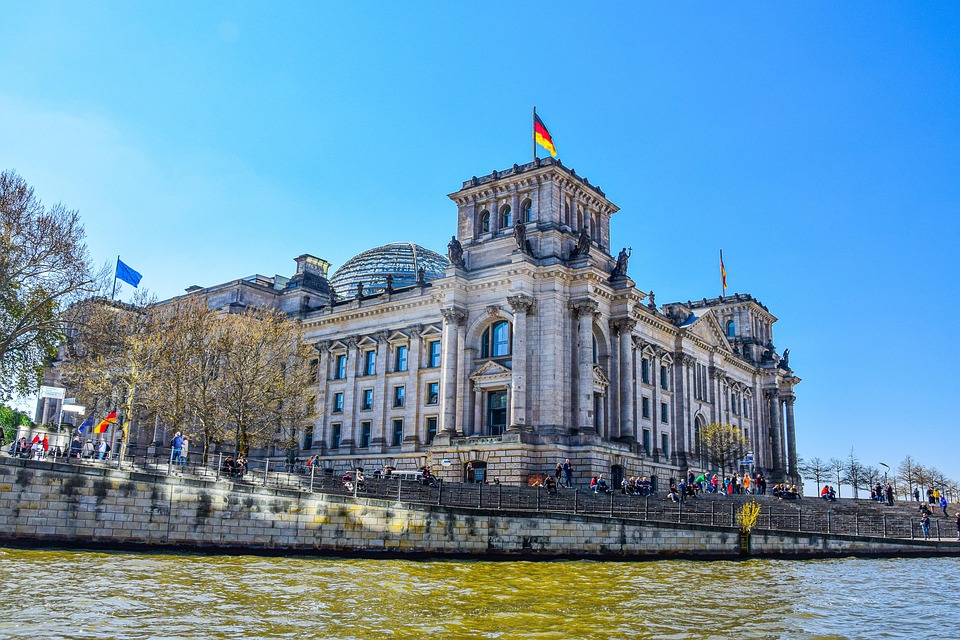World War Fee The Trump administration’s latest salvo in the US-China trade war has forced Nvidia to take a $5.5 billion charge, the GPU goliath revealed in a Tuesday regulatory filing that sent its stock tumbling in after-hours trading.
Details so far are light, but it is clear it’s tied to newly implemented export controls essentially barring the sale of Nvidia’s H20 AI accelerators into China, Hong Kong, and other nations of concern. Uncle Sam has the option of granting special licenses allowing at least some orders to flow into the Middle Kingdom; so far, Nvidia won’t be able to shift its precious silicon quite as expected.
Nvidia learned of the clampdown on its processors on April 9 and was later informed the licensing requirement would remain “in effect for the indefinite future.”
According to its regulatory filing [PDF] to America’s financial watchdog, the SEC, the controls aim to prevent the chips from finding their way into Chinese supercomputers.
“First quarter results are expected to include up to approximately $5.5 billion of charges associated with H20 products for inventory, purchase commitments, and related reserves,” the SEC filing reads. Nvidia’s first quarter of its fiscal year is the three calendar months to the end of April.
In layman’s terms, Nvidia most likely has a bunch of H20s it thought it was going to be able to sell to the Chinese but now are taking up space in warehouses while it waits for the Trump administration to decide whether its scheme to build half a trillion bucks worth of AI servers in the US is a big enough bargaining chip to grant the necessary export licenses to free those particular GPUs.
This likely wasn’t the outcome CEO Jensen Huang was looking for when he attended a $1 million-a-head dinner at the US President’s Mar-a-Lago resort home in Florida earlier this month.
Following the dinner, the Trump administration reportedly paused plans to move forward with export controls on Nvidia’s H20 accelerators. Now, it seems, it’s clamping down anyway to some degree or other.
Considering the scale of Nvidia’s commitment yesterday to vastly expand its US manufacturing footprint alongside TSMC, Wistron, Foxconn, and others, it’s possible the Trump White House may eventually green light at least some of Nv’s H20 shipments to China. If that’s the case, those lost revenues could end up being recouped in later quarters.
This wouldn’t be the first time the US has cracked down on the export of Nvidia accelerators to China. Starting in late 2022, the Biden administration enacted progressively more restrictive performance caps on AI accelerators sold into the Middle Kingdom. Each time, Nvidia retooled its designs, cutting down interconnect bandwidth or fusing off parts of the chip to kneecap their performance.
That limbo bar has now been lowered to include Nvidia’s “H20 integrated circuits and any other circuits achieving the H20’s memory bandwidth, interconnect bandwidth, or combination thereof,” the SEC filing said.
Nvidia, which recorded a $73 billion profit in its past financial year, declined to comment. Its stock was down more than six percent in after-hours trading on the news. ®






